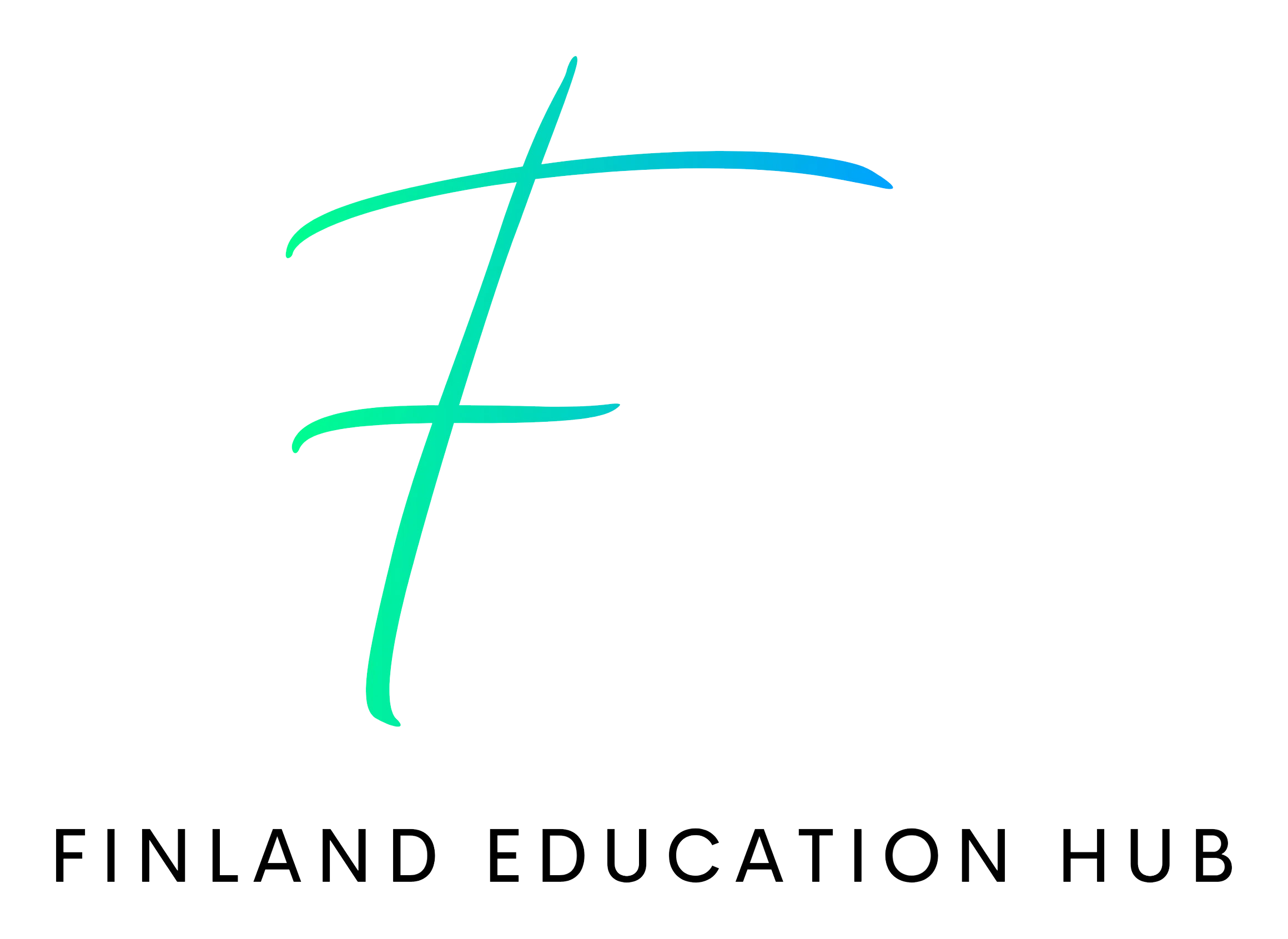Embracing Diversity: Multiculturalism in Finnish Classrooms
Finland’s educational system is celebrated for its innovation and effectiveness, often setting the benchmark for global education. However, the world is constantly changing, and as Finland’s population diversifies, the need to embrace multiculturalism within its classrooms has never been more important. In this blog post, we’ll explore the vital role of multiculturalism in the Finnish education system, highlighting its importance in fostering inclusive and diverse learning environments.
Understanding Multiculturalism
Multiculturalism is the acceptance and celebration of different cultures, backgrounds, and traditions within a society or community. In the context of Finnish classrooms, it involves recognizing the cultural diversity among students and integrating it into the education system. The ultimate goal is to create an environment where everyone feels valued and respected, regardless of their cultural, ethnic, or linguistic background.
Finnish Education: A World of Excellence
Before diving into the topic of multiculturalism in Finnish classrooms, it’s essential to acknowledge the excellence of the Finnish education system. Finland consistently ranks among the top countries in international education assessments, such as the Programme for International Student Assessment (PISA). This success is attributed to several key factors, including highly trained teachers, student-centered learning, and a focus on holistic development.
However, it’s crucial to remember that the world is evolving rapidly, and Finland’s demographics are changing. As the country becomes more diverse, it is imperative for the Finnish education system to evolve as well. Multiculturalism is an essential element of this transformation.
The Changing Face of Finland
Over the years, Finland has seen an increase in immigration and a growing international community. This diversity is transforming Finnish society, making it more heterogeneous and multicultural. In this changing landscape, Finnish classrooms need to adapt to accommodate students from various cultural backgrounds.
Challenges Faced by Immigrant Students
Students who come from different cultural backgrounds often face unique challenges when adapting to the Finnish education system. These challenges can include language barriers, a lack of familiarity with the Finnish educational system, and sometimes, cultural misunderstandings. It is essential to address these issues to ensure that every student has an equal opportunity to excel.
The Importance of Multicultural Education
Fostering Inclusivity
Multicultural education fosters inclusivity by creating a safe and welcoming environment for all students, regardless of their cultural background. This inclusivity helps students feel valued, accepted, and motivated to participate actively in their learning journey.
Enhancing Cultural Awareness
Incorporating multiculturalism into the curriculum can help Finnish students develop a better understanding and appreciation of diverse cultures. This knowledge can promote intercultural competence and global awareness, skills that are increasingly essential in today’s interconnected world.
Encouraging Critical Thinking
Multicultural education encourages students to think critically about the world around them. It challenges stereotypes and biases, promotes empathy and tolerance, and helps students develop a broader perspective on complex global issues.
Improving Language Skills
Multicultural classrooms often have students who speak different languages at home. This linguistic diversity can enrich the learning experience, as students have the opportunity to learn from one another and develop their language skills.
Preparing for the Global Stage
In today’s globalized world, understanding and appreciating different cultures are crucial skills. Finnish students who are exposed to multicultural education are better prepared to engage in the global stage, whether through international careers, travel, or simply interacting with people from diverse backgrounds.
Strategies to Promote Multiculturalism in Finnish Classrooms
Diverse Curriculum
Develop a curriculum that reflects the cultural diversity present in the classroom. This may include incorporating literature, history, and art from various cultures. In doing so, students can learn about different traditions and worldviews.
Inclusive Language Support
Provide language support for immigrant students, including Finnish as a Second Language (FSL) programs. This will help them integrate more smoothly into the Finnish education system.
Teacher Training
Invest in teacher training to ensure that educators are equipped to teach in multicultural classrooms. Training should cover cultural sensitivity, teaching strategies for diverse learners, and effective communication with students from various backgrounds.
Celebrate Cultural Events
Celebrate and acknowledge cultural events and holidays from different backgrounds in the school calendar. This creates a sense of belonging for all students and allows them to share their traditions with their peers.
Encourage Peer Learning
Promote peer learning, where students from different backgrounds collaborate on projects and activities. This not only fosters friendship but also helps in understanding and appreciating each other’s cultures.
Parent Involvement
Encourage parents to be actively involved in their children’s education. This helps bridge the gap between home and school and allows parents to contribute their cultural perspectives.
Interdisciplinary Approach
Take an interdisciplinary approach to teaching that integrates various subjects and perspectives. This approach can help students see the interconnectedness of different cultures and subjects.
Conclusion
In the journey towards a more inclusive and diverse education system, Finland stands as a beacon of hope. The Finnish education system, renowned for its excellence, is adapting to the changing demographics and evolving to accommodate a multicultural society. Embracing multiculturalism in Finnish classrooms is not just a step forward; it’s an imperative transformation that aligns education with the global reality.
For those seeking to explore the exciting path of multicultural education, the Finland Education Hub is the ultimate destination. This hub serves as a valuable resource for educators, students, and parents, offering insights, guidance, and inspiration for a truly inclusive learning environment. Contact us now!

